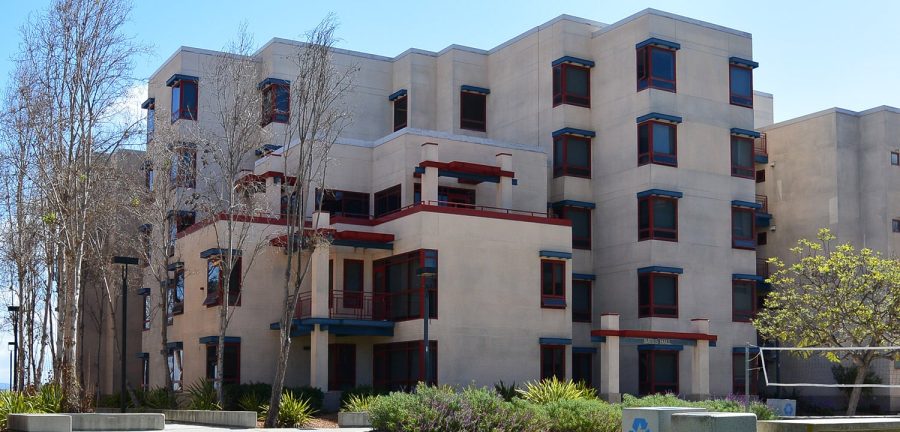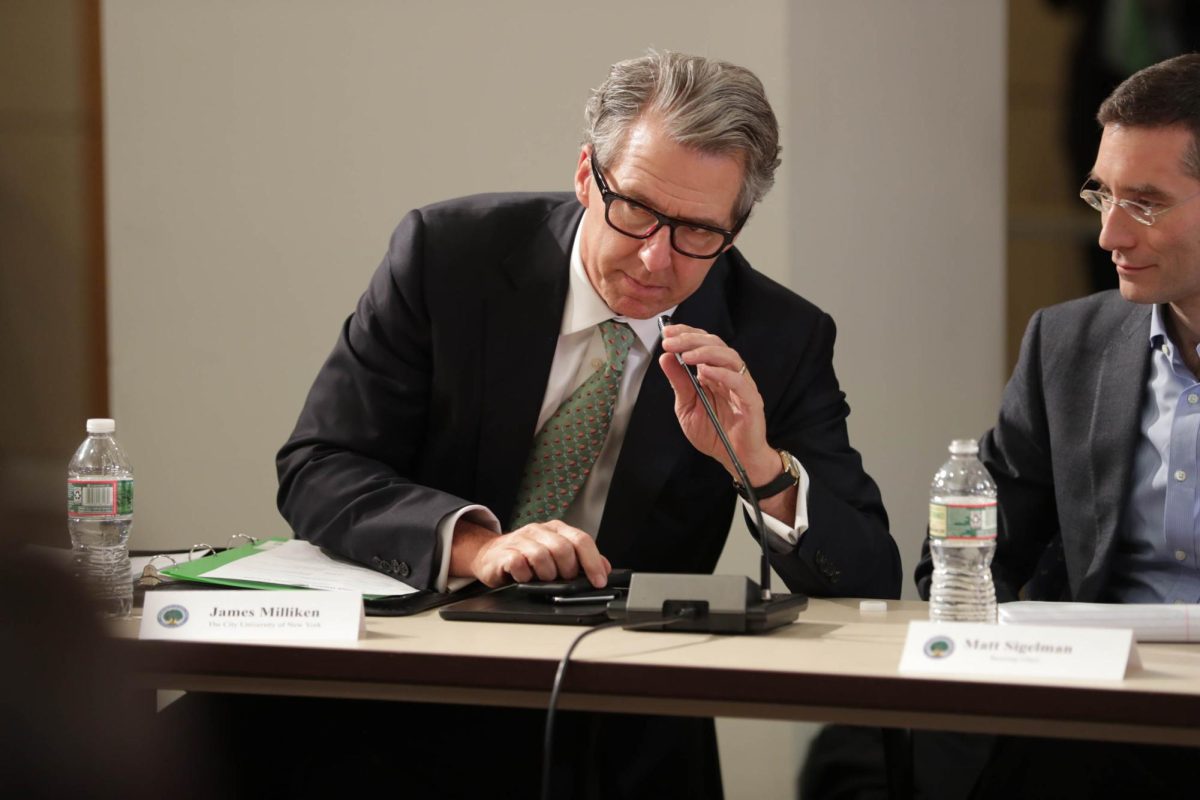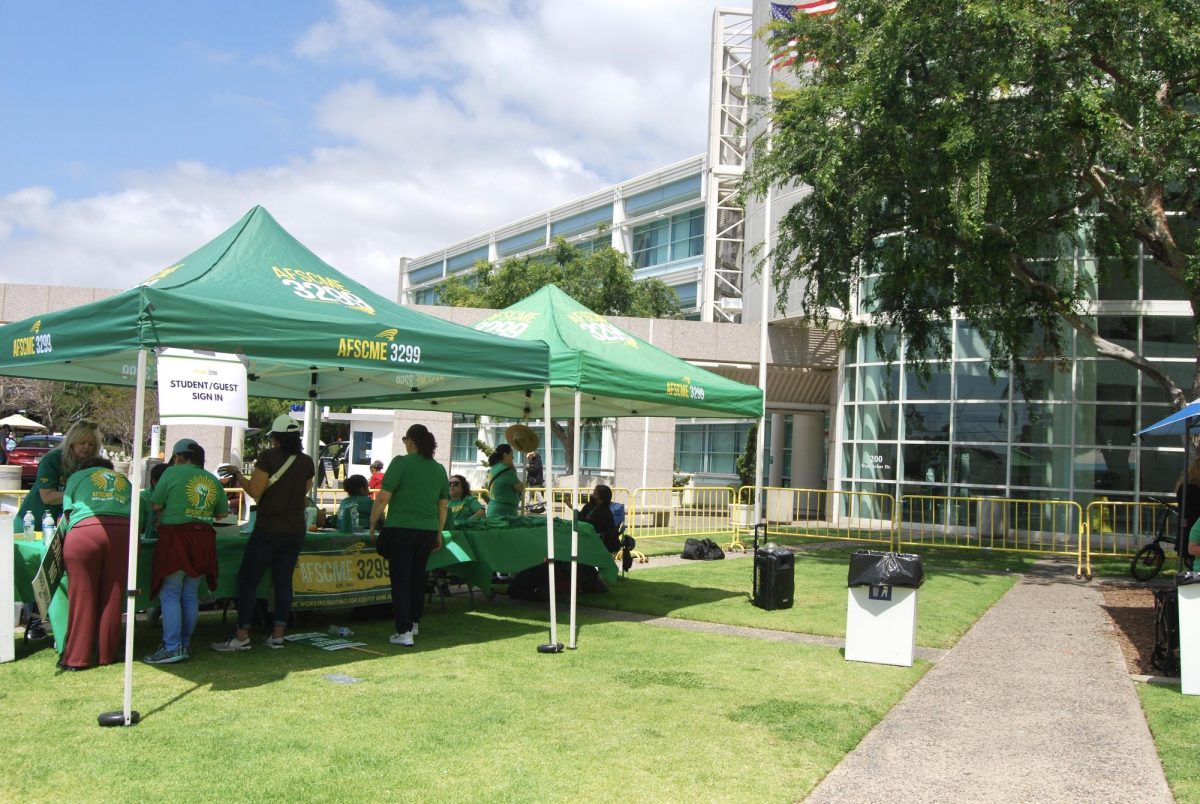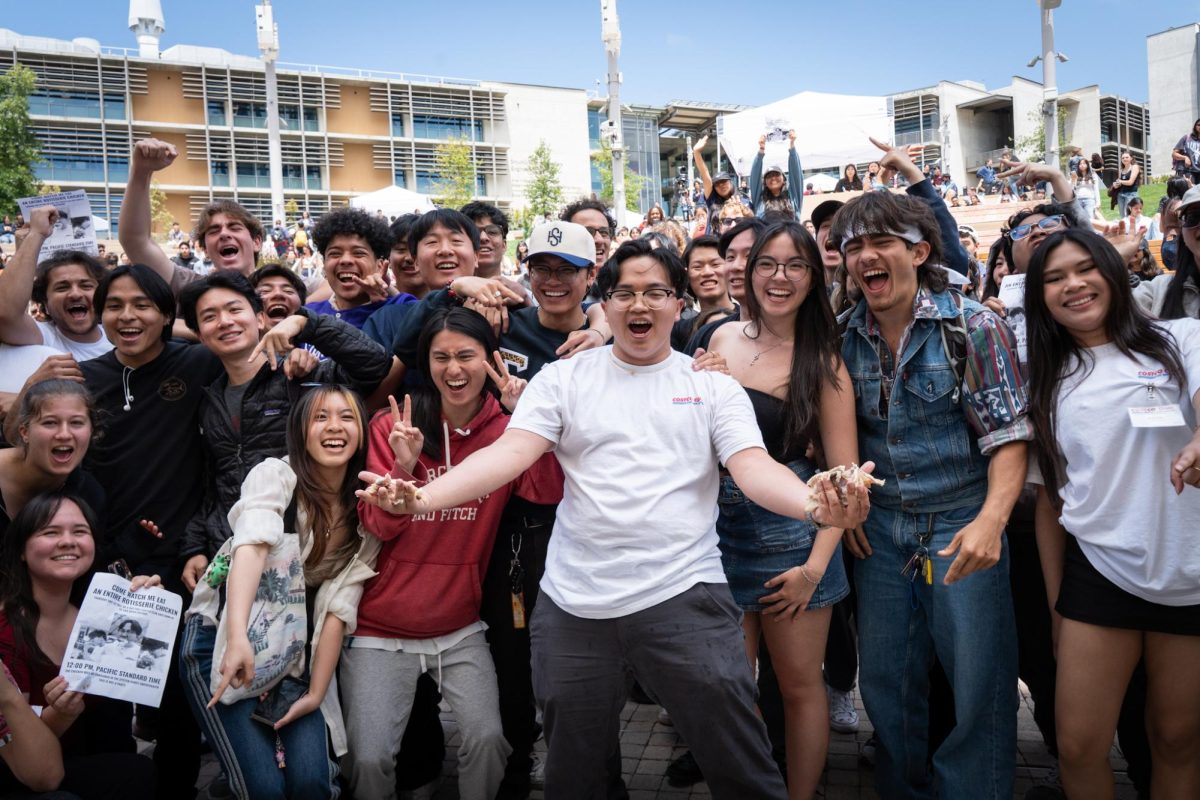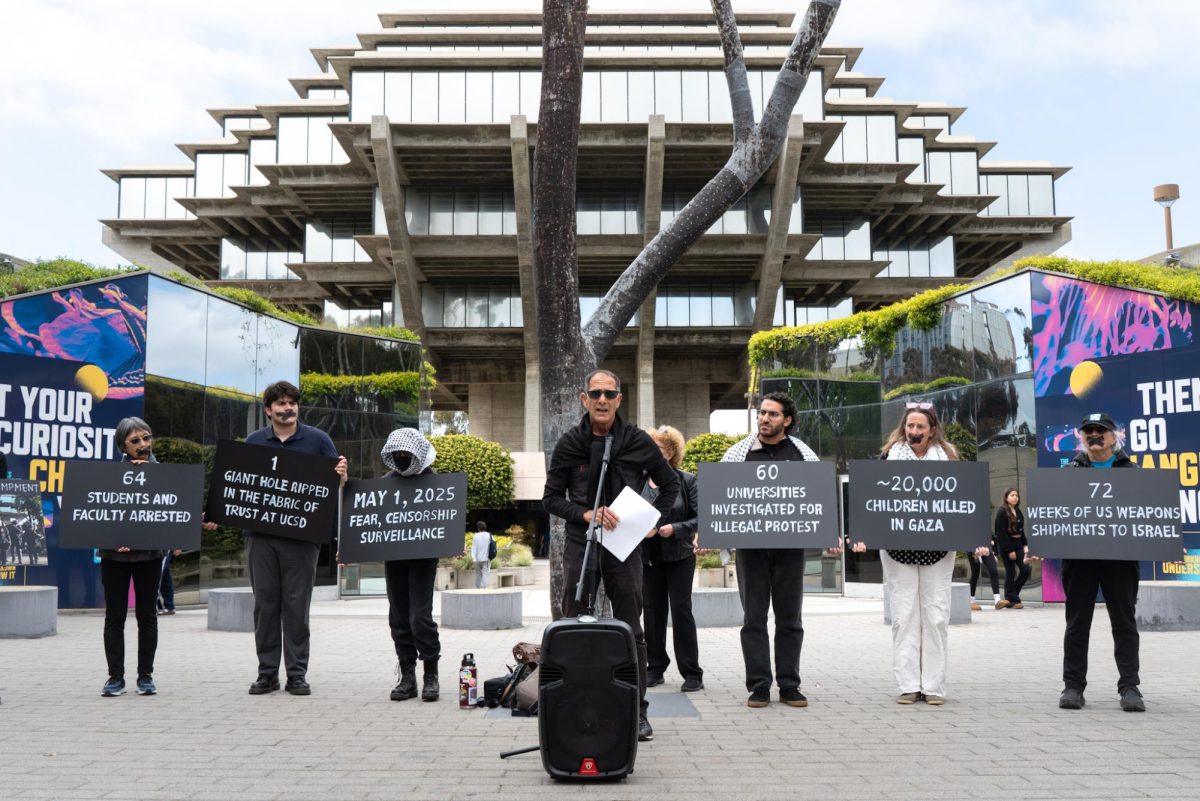After University of California President Janet Napolitano announced a year ago that a new housing initiative would be directed to aid the needs of current students, UC San Diego has submitted its proposal for the utilization of the $27 million in allocated funds.
Napolitano announced back in January 2016 that $3 million would be given to each of the nine UC campuses in order to support the housing needs of the students as well as faculty and staff. The money, while allocated to help alleviate the current housing shortage, is to be spread across the fiscal years of 2017–18 through 2019–20 in order to facilitate housing to support growing enrollment rates.
The proposed draft sent to the UC Office of the President by UC San Diego details proposed campus action items that include projects such as instituting temporary housing relief and crisis support for students, faculty, and staff in need of emergency accommodations. The goal is to make eight available spaces on campus that can be concluded as eligible spaces to provide these accommodations as well as establish someone to issue the papers and contract for the temporary space. The proposed project is estimated to take $300,000 from the allocated $3 million.
“There are various emergency scenarios often that students find themselves in,” said A.S. President Lesly Figueroa in a statement to the UCSD Guardian. “The purpose of having more emergency housing will be to ensure students have a safe place to stay while they receive assistance on long-term housing. Sometimes students simply cannot afford to live in their place anymore and are evicted. Other times it is because of domestic violence. And there are also occasions when their place may be unlivable because of mold, termites, etc. The reality is that we should be ready to assist students with any emergency situation and make sure they are aware of these resources, and we should have a protocol created for when situations like this occur; the housing allocation proposal is one step in the right direction.”
In the press release issued by the UCOP, the report detailed that one of the central goals of the initiative is to add 14,000 beds to support housing shortages by Fall Quarter 2020. Since January 2016, the UC system has already managed to add 3,600 beds, accelerating the time frame of the task. However, with some doubles turned into triples, reducing the space allocated to each student in the room, UCSD will have to raise its own funds to financially support potential construction as well as redefine the standard of living for students on and off campus.
“There is a lot of work coming from the UCSD campus, specifically from the Chancellor to obtain and raise funds for the new construction and various campus transformations,” said Figueroa. “The campus is very aware of student enrollment and is planning on how to be able to accommodate everyone.”
The continuing enrollment rate growth has raised the issue of which group receives priority housing. While the allocated money is to serve as support for all students, faculty, and staff, certain groups in dire need of housing will be given precedence over others.
“Prioritization is a conversation to be had on many levels of this proposal,” Figueroa said. “For instance, the draft talks about critical housing needs for students, staff, and faculty, and our campus should be thinking holistically to ensure everyone who is associated with the campus has their needs met. However, we also have to make sure the people who need it the most are the ones who are supported and prioritized. A critical component to the proposal includes emergency housing for students, staff, and faculty which can be for various reasons that include domestic violence people may be experiencing.”
Students are encouraged to speak with A.S. Council in order to discuss the shortage of resources, such as housing, necessary for basic needs. Figueroa believes student input is crucial when coming down to discussing potential resolutions with the people making the decisions.
“Students are basically residents of the UCSD mini-city and should have a true and authentic voice in how the shaping of their community happens,” said Figueroa. “I want to make sure students are engaged and integrated in the community-planning process and are connected to all the resources they need to succeed and have their basic needs met. This housing allocation proposal is just one step in the right direction, and now students can become part of the process of how these initiatives get rolled out for the present and the future.”
In addition to the issues made present in the proposal, a conversation is to be made with Housing Dining Hospitality regarding college overflows in order to resolve the problem and prevent it from occurring in the future. With this, UCSD is working on adopting a formal standard of living that encompasses quality, affordability, and accessibility of students’ living spaces.


